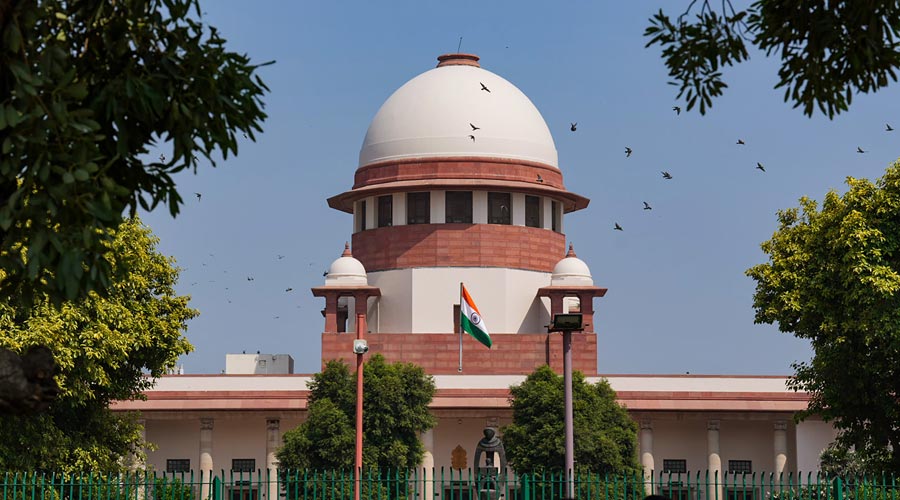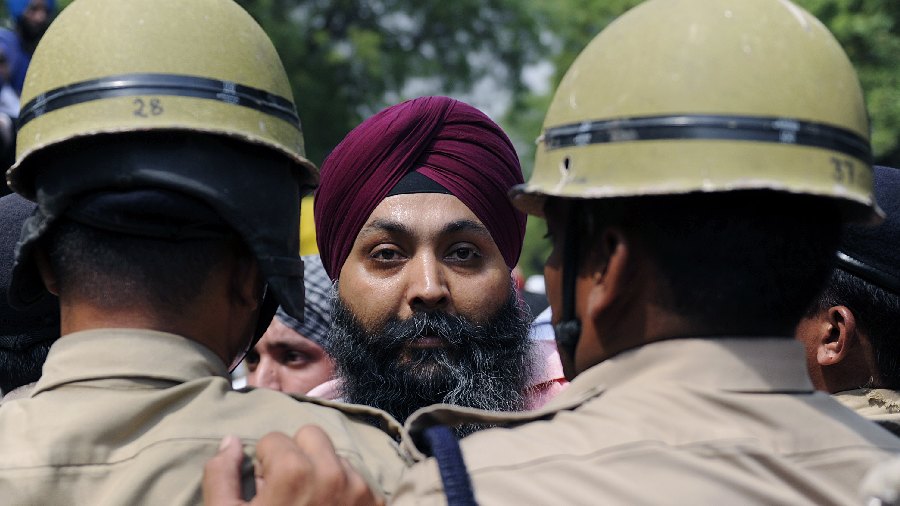An automobile dealer whose premises were burnt down during the 2002 Gujarat riots is entitled to compensation under the Consumer Protection Act as an aggrieved “consumer”, the Supreme Court has ruled, upholding a judgment by the country’s top consumer court.
The apex court rejected the public-sector National Insurance Company’s argument that consumer courts lack the jurisdiction to deal with the matter and that the dealer, being a commercial enterprise, should approach a civil or commercial court as provided under the amended Commercial Courts Act, 2015.
Moving a consumer court is generally advantageous for a litigant since the legal costs tend to be cheaper and the verdicts faster.
Interpreting multiple earlier apex court judgments, the bench of Justices Ajay Rastogi and C.T. Ravi Kumar said: “…There is no such exclusion from the definition of the term ‘consumer’ either to a commercial enterprise… merely because it is a commercial enterprise.”
The Supreme Court said: “To the contrary, a firm whether registered or not is a person who can always invoke the jurisdiction of the (Consumer Protection) Act, 1986, provided it falls within the scope and ambit of the expression ‘consumer’ as defined under Section 2(1)(d) of the Act, 1986.”
The bench dismissed the insurer’s appeal against a December 3, 2004, order of the National Consumer Disputes Redressal Commission that had reversed the Gujarat State Consumer Disputes Redressal Commission’s finding against the maintainability of the dealer’s complaint, filed under the Consumer Protection Act.
Having settled the issue of maintainability, the apex court sent the matter back to the state consumer commission to decide the case “on its own merits” within one year, underlining that it was a two-decade-old case.
The dealer had taken out a Rs 75.38-lakh policy from the insurer covering its office, showroom, garage and machinery. The dealer says the premises were damaged during the riots of February 28, 2002.
When the insurer refused compensation, the dealer approached the state consumer commission, which upheld the insurer’s argument that the dealership was a commercial unit, and not a consumer, since its purpose was to make a profit. The national commission took a contrary stand.
Justice Rastogi, writing the judgment, said: “…We are of the view that the complaint filed by the respondent insured herein has no close or direct nexus with the profit-generating activity and the claim of insurance is to indemnify the loss which the respondent insured had suffered and the (national) commission has rightly held that the respondent is a ‘consumer’ under Section 2(1)(d) of the Act, 1986.
“…Still, what has been expressed by this court is illustrative; it will always (be) open to be examined on the facts of each case, as to the transaction in reference to which the claim has been raised has any close and direct nexus with profit-generating activity.”
It added: “We do not agree with the submission made on behalf of the appellant that if insurance claims are covered under the Act, 1986, then virtually all insurance matters will come within the purview of the Act, 1986, and this will render the Act, 2015, nugatory. In our view, both these Acts have different scope and ambit and have different remedial mechanism, (and) are in different sphere(s) having no internal co-relationship.”












